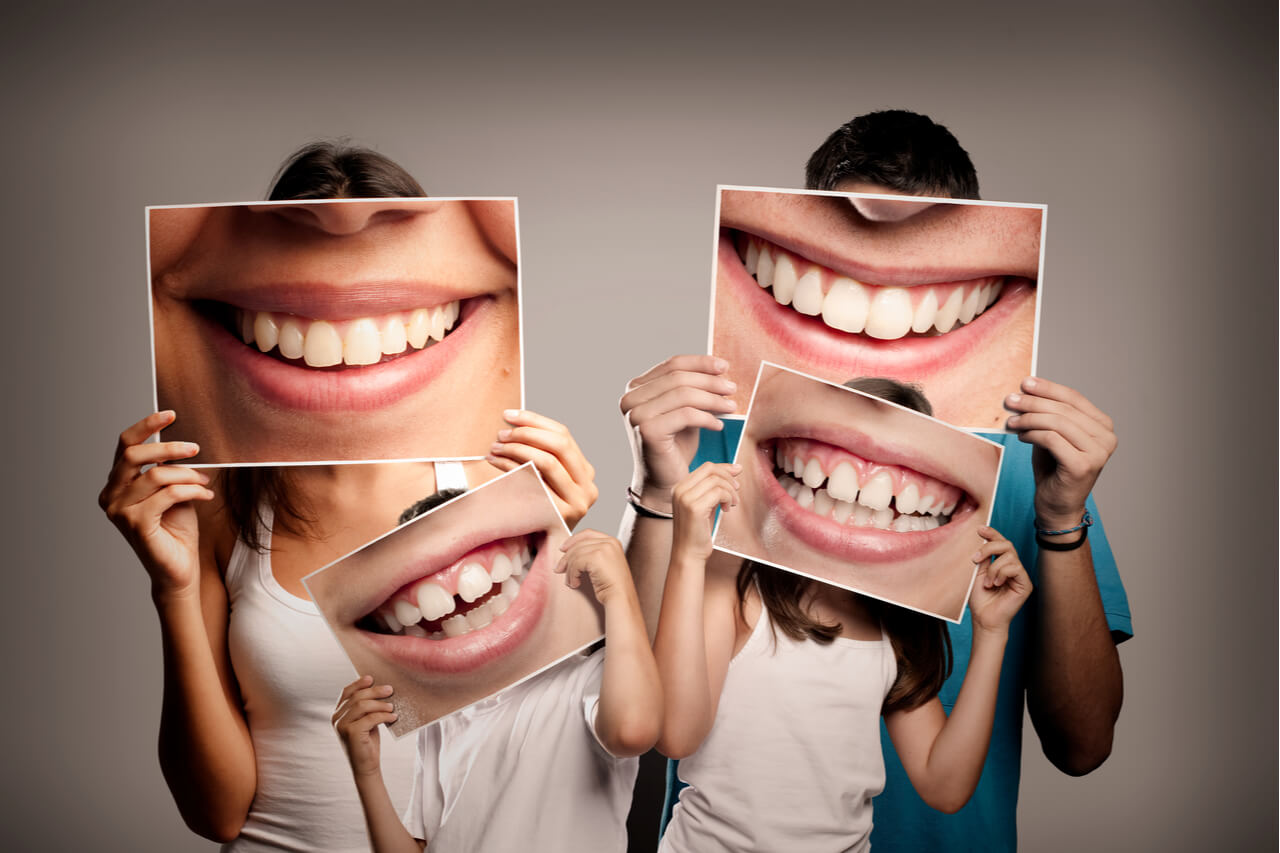The Basics of Oral Health
When life gives you a reason to smile, you should be able to respond by showing everyone your pearly whites. Maybe you’ve found yourself clamping your mouth shut instead. Perhaps it’s been closer to six years than six months since you last had a dental appointment. Maybe you stopped thinking about the health of your teeth and gums when the tooth fairy stopped visiting. If so, you might want to reacquaint yourself with some of these basic aspects of oral health.
Your Appointment
Regardless of whether you see a Brooklyn dentist, a Los Angeles dentist, or a dentist located somewhere between the coasts, this professional will encourage you to make an appointment every six months for a routine cleaning, examination, and possibly X-rays. Your dental visit also gives the dentist the opportunity to detect problems at an early stage. You, too, can help with this early detection by being observant and contacting the dentist if you notice symptoms of oral health problems.
Your Mouth
The state of your gums can indicate the need for dental treatment. If you notice that brushing or flossing causes your gums to bleed, or you discover that your gums have begun to pull away from the nearby teeth, you can prevent these problems from becoming worse by contacting your dentist. As well, if your gums feel tender, or if they appear red or swollen, you should bring this to the dentist’s attention.
It is also helpful to report any changes that have taken place in your mouth. You might realize that certain permanent teeth have become loose, or when you chew, you may experience pain or an unusual sensitivity to hot or cold foods. In addition, having bad breath that does not go away or noticing an unusual taste in your mouth could all be suggestive of oral health problems.
Your Teeth
Although you might leave the dentist’s office with a sparkling smile, keeping your teeth clean then becomes your responsibility. Dentists recommend brushing your teeth twice a day for about two minutes. Your tongue can harbor bacteria, so don’t forget to brush it as well. Don’t be too hard on your mouth; use a soft-bristled toothbrush and make short, gentle brushing motions.
After you have finished brushing, remember to rinse your toothbrush with water before putting it away. Then let your toothbrush air-dry before you use it again. Because a closed container can promote the growth of mold, yeast, and bacteria, it is a good idea to store your toothbrush uncovered. Although you might feel very attached to your toothbrush after spending so much time with it, you should still replace it after three months or earlier if the bristles look irregular.
